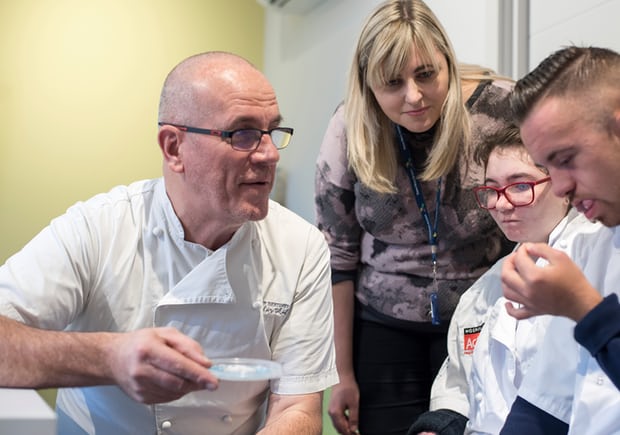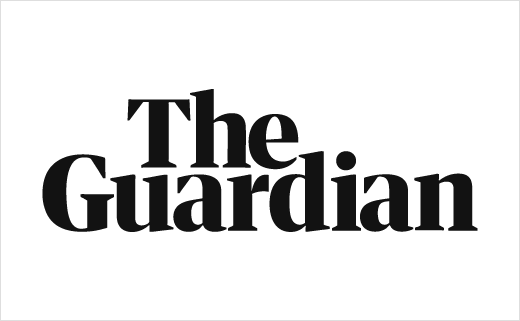BY
When I was approached about working in a special needs school my first thoughts were, I’m not sure I could do that, I’m not sure I want to work with unresponsive children, in an environment full of medical needs and where children dribble as they eat, in a school at the top of the hill that most local residents don’t even realise is there.
Having now worked in Three Ways school for more than 10 years, and been the public face of the school in a huge number of networking events and in the local business community, at awards dinners and events, I can only say that I made the right choice, ignoring and then overcoming my prejudices and preconceptions.
I only wish I could show everyone around the school, and give everyone an insight into the creativity, care, innovation and fun that is part of everyday learning here. I’d like to show the world what each child can achieve, and how so many of our young people can leave school and make an amazing contribution to society. I only wish so many mainstream schools and so many adults could learn from our practices, pupils and community.
When I started I was given a challenge, one I wasn’t sure could ever be achieved. The headteacher had what seemed like a mad idea. She called me into her office and asked me to look out the window at the bike shed and picnic benches in an unused area at the front of the school. Her idea was to build a cafe where students from the school would work. In the cafe they would not be at school, they would be at work. We could invite the public and employers to come and see what the students were capable of. It would be a business where we would provide training and courses for our students to get them ready for real life.
As a mum of three “mainstream” girls, a teacher who had no experience of special needs, and a fundraiser for cancer charities, I had no idea what normally happened to students after they had been through a special needs school. I have since watched young people go camping, work with hugely advanced interactive technology, cook feasts, use public transport alone – then leave the support and guidance of the school and go backwards. Without a supportive family, a great social worker or a forward-thinking college, many of these young people end up being cared for at home and unable to work.


